Dogs and cats are awesome. They make lovely companions and are fairly easy to care for. For some, though, nothing beats the allure of owning an exotic pet. Choosing which one’s right for you can be difficult. Before you consider bringing an exotic pet into your home, ask yourself these five important questions:
- How much do you know about the pet you are considering?
- Do you want an animal that you can hold and pet?
- Do you have the time and money to dedicate to proper care of your new pet?
- Can you offer the new animal a healthy environment similar to its natural environment?
- Are you legally entitled to own the animal you are considering in your area?
The first question on this list is probably more important than anything I’m about to tell you. Often times, exotic pets need very specific care. If you don’t know how to provide that care you’re going to do your pet a serious disservice. Find out as much as you can about the animal you’re considering before you commit to bringing it into your home. Some animals don’t get along well with other animals. You’re not going want to bring something into your home that’s will fight with Rover, Grover, Rex, or Fluffy, every chance they get, nor are you going to want to bring an animal home that’s going to send little Sally or Eric Jr. to the hospital for shots.
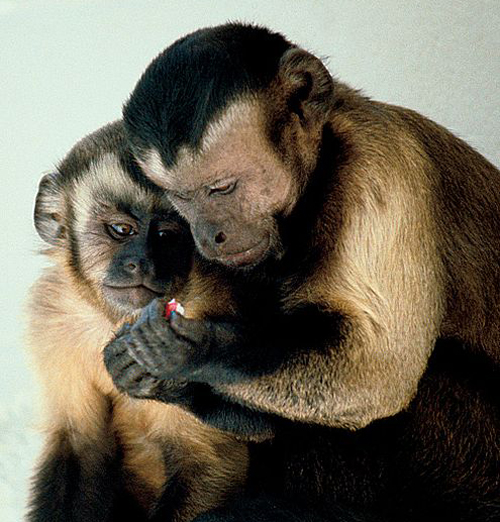
If there are laws prohibiting certain exotic pets in your state or province there’s likely a reason. Beyond the legalities, you also don’t want to end up falling in love with a new pet only to have it taken away because you weren’t allowed to have it in the first place. Pleading ignorance doesn’t work, either. Even if you genuinely didn’t know you weren’t allowed to have your new animal in your area, you’ll still have to give it up. Check first to be safe. There’s lots of perfectly legal exotic pets on the market that will appreciate your love and affection just as much.

Beyond hamsters, gerbils, guinea pigs and rabbits (which make wonderful pets, themselves), there are many types of exotic pets available. In the coming weeks, we’ll will talk about different animals and how to care for them more in detail, but for now we’ll just cover the basics. We’ll start off with the most common type of exotic pet – the small to medium sized mammals.
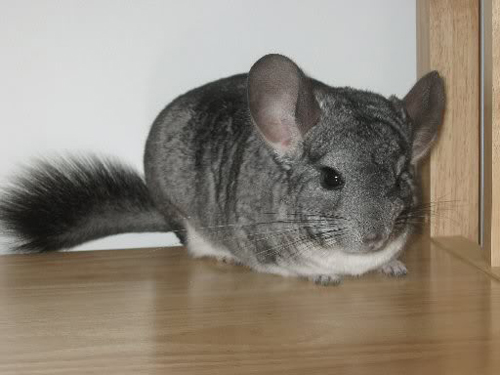
Chinchillas
Chinchillas originate in South Africa and are members of the rodent family. Although they range in size, an average adult chinchilla is just slightly larger than a typical ground squirrel. To keep its teeth worn down it requires something to constantly chew on. It also needs plenty of exercise and cooler temperatures. Chinchillas need a diet of high quality, hay-based pellets and timothy hay, but should not be fed fresh vegetables and fruits. Chinchillas are also hypoallergenic pets that stay clean by taking dust baths.
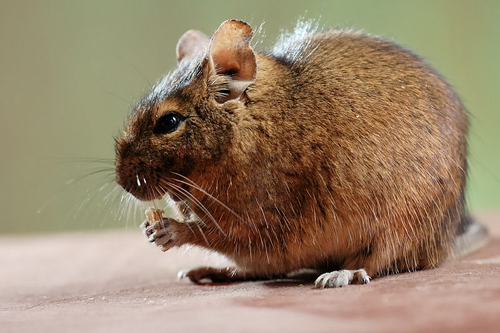
Degus
Degus originate in Chile and are also members of the rodent family. As a pet, they are highly social and offer a lot of personality. Only beginning to become popular as of late, the advantages of owning a degu are quickly coming to rival that of owning some of it fuzzy cousins such as the gerbil, the hamster, and the rat. It’s more apt to interact with you, the pet owner, and it isn’t nocturnal . Above average intelligence makes the degus an animal that’s quite a bit easier to tame when compared with similar pets. It is a strict herbivore and requires a high fiber/low sugar diet. Kept as a pet under ideal conditions, a degu will live from six to thirteen years.
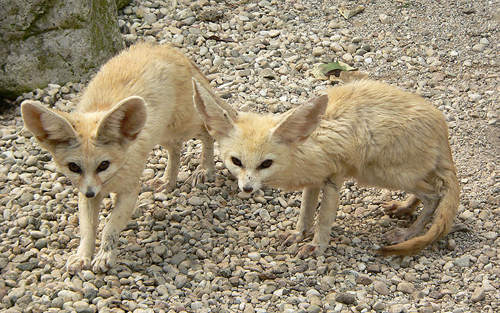
Fennec Foxes
Fennec foxes originate in the Sahara and are members of the canine family. Known for their comically large ears and comparatively small bodies (weighing in at only two or three pounds, and reaching only about six inches in length), these little guys are the smallest known member of the canine family and are often considered the only breed of fox (apart from the domesticated silver fox) that can be kept as a pet. They’re suitable for any cat-or-dog-friendly environment but they prefer a warmer temperature and will actually shiver if they get cold. And as though all that wasn’t already cute enough: they can purr like a kitty, as well. They’re a highly social animal, and can even be litter trained – just like your kitty. It can be fed any high quality cat or dog food thus eliminating the need for extra stops at specialty stores. If properly cared for these foxes can have a potential lifespan of roughly fourteen years. The only side for taking in one of these little guys as a pet is that secure cages are a must as it can usually escape most outside pens easily.
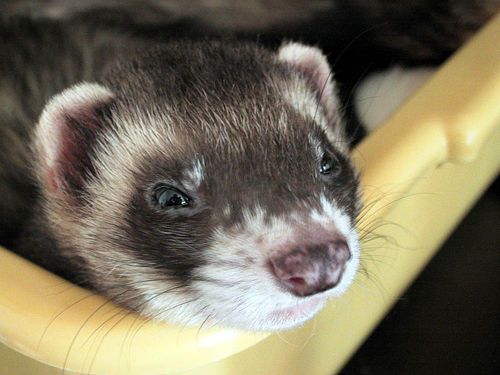
Ferrets
The origin of the ferret as a pet is unclear but it’s believed they’ve been domesticated in one form or another for at least 2,500 years. Ferrets belong to the weasel family, and can grow up to twenty inches in length including a five inch long tail. As a pet, their rambunctious personalities and unique behavior seems to outweigh their known risk of contracting several distinct health problems. They are omnivores which allows for a little flexibility in their diets, and, in captivity, have an average lifespan of about eight years.
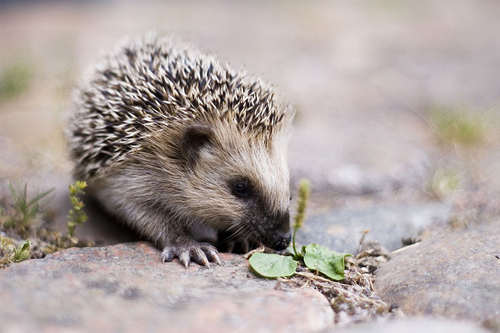
Hedgehogs
There are seventeen distinct species of hedgehog native to an area on the globe covering Europe, Africa and Asia. They’re nocturnal mammals covered with non-poisonous spines or barbs. Hedgehog spines make them an favorite amongst future pet-owners looking for something a little different from the typical fluffy small exotic pet. Hedgehogs are omnivores with a diet in the wild consisting of mostly insects, small reptiles or amphibians, berries, mushrooms, melons, and roots. In captivity, hedgehogs are fairly easy to care for in terms of proper diet because they are able to thrive on cat or ferret food supplemented with insects. They prefer a warmer climate most than pets other of their caliber, but are, as opposed to the ferret, resistant to many illnesses and maladies that are common in other similar exotic pets.
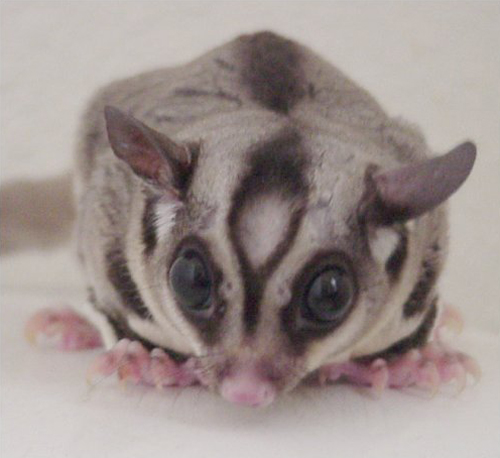
Sugar Gliders
These little guys are almost too adorable to be real. Originating in Australia, these marsupials are members of the possum family. Although adorable, sugar gliders can be difficult to care for as they require a diet that meets very specific guidelines (a topic we’ll cover next week). It’s important to note sugar gliders are not able to be legally kept as pets in all parts of the world, and are specifically outlawed in Alaska, California, Hawaii, and Massachusetts.
Next week, we’ll be talking about larger mammals that make great exotic pets (such as llamas, alpacas, pot-bellied pigs etc). I’ll also be launching a weekly feature that aims to help guide you through caring for your new exotic pet. Make sure you come back for those. If there is an animal you’d like to see a guide on, let me know in the comments section at the end of this article.











